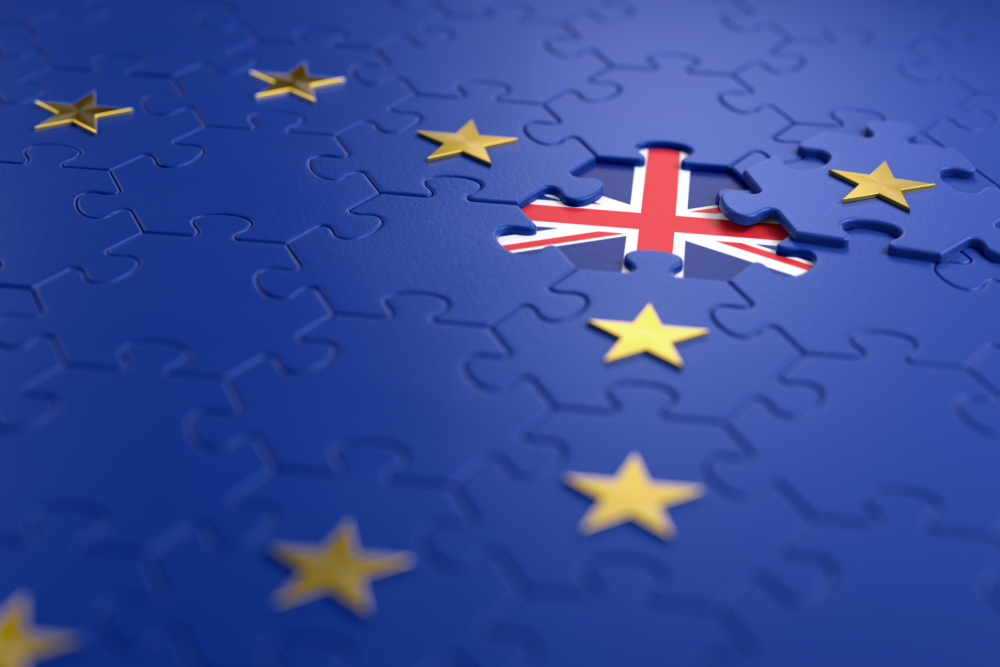
How Brexit has changed the English language
by Pisana Ferrari – cApStAn Ambassador to the Global Village
No other political event in history has generated as many neologisms as Brexit, according to this article from the BBC Culture magazine. Over 5.000, according to “The Brexit Lexicon”, a video installation by artist Simon Roberts, who has been collecting these terms since the referendum by scouring social media and news media. In addition to the flourishing of new terms, says the author, Brexit has brought certain words into new or changed prominence., eg. “unicorn”, now used to discredit “unrealistic” Brexiteers (after European Council president Donald Tusk shared a letter from a 6-year-old with a drawing of a unicorn) and “backstop”, a term previously related to sports or finance.
The Brexit Lexicon also highlights the fact that Brexit has “spilled outside the political realm”: since the referendum there have been many new company registrations with the word Brexit in it, and applications for trademarks (Brexit biscuits and Brexit energy drinks). According to the author, one of the success factors for the term Brexit is the “playfulness” of the English language. The British tabloids have excelled at “punning” headlines and word play generally.
As our CEO Steve Dept has noted, some contexts lend themselves particularly well to neologisms. Some years back, an Estonian colleague of his, Tiina Randus, told him that a handful of professional subtitlers in Estonia would sit together in busy places after work and listen in to conversations: they were hoping to hear one of the new words they had created in the previous weeks: some of these words caught on well – there were so many concepts for which there was no Estonian word at the time that creating neologisms had become a sport among them.
What of the future? The Watergate scandal in the 70s has continued to influence neologisms decades later. We shall see… Interesting read.
Source: http://www.bbc.com/culture/story/20190314-how-brexit-changed-the-english-language